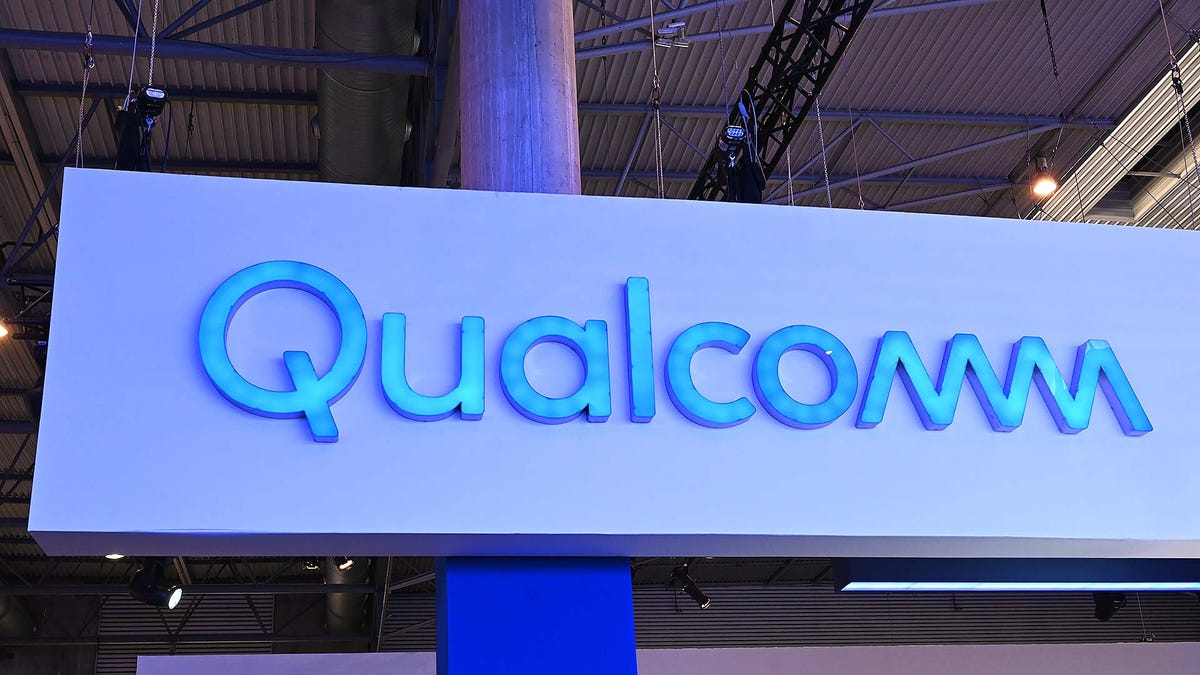
Qualcomm is one of the world’s biggest chipmakers when it comes to smartphones, but now the company is setting its sights on the PC market with a new line of chips due out in 2023.
During the company’s Investor Day, Qualcomm CTO Dr. Jim Thompson announced Qualcomm’s plans to create a next-gen ARM-based SoC (system-on-a-chip) “designed to set the performance benchmark for Windows PCs,” as Qualcomm attempt to make its own PC silicon capable of competing with Apple’s M-series chips.
While Qualcomm has already created two previous ARM-based PC chips in the Snapdragon 8cx and 8cx Gen 2, Qualcomm’s next-gen CPUs are expected to boast significantly better performance thanks to help from Nuvia, which Qualcomm acquired earlier this year for $1.4 billion.
Notably, Nuvia was founded by John Bruno, Manu Gulati, and Gerard Williams, former Apple employees who previously worked on the team that helped create Apple’s M-series chip. And while Williams is currently embroiled in a legal battle with Apple after leaving the company in 2019, Qualcomm still seems confident that its recent acquisition will help the company create significantly more powerful chips than ever before.
Qualcomm said it hopes to deliver its next-gen CPUs to vendors nine months prior to the chip’s official debut sometime in 2023. Though if Qualcomm is really serious about competing with Apple and other ARM-based PC chips, it’s going to have to make some serious performance leaps from its current products, as Apple is expected to be on its third-gen M-series by 2023.
Also, unlike Qualcomm’s 8cx chips, which are designed primarily to support mobile productivity thanks to improved longevity and speedy wireless connectivity, Qualcomm envisions its next-gen CPU as challenging Apple’s homegrown silicon in both performance and power efficiency, which is a rather lofty claim when you consider that even chips from tech giants like Intel and AMD are having a hard time keeping up with Apple’s M-series processors.
One of the reasons Apple’s M-series chips are so successful is because Apple controls both the chip, the software, and the product design, giving the company the ability to optimize the performance of its processor from start to finish. Meanwhile, aside from oddities like the Phone for Snapdragon Insiders, Qualcomm has largely abstained from making actual retail devices, so it may take more cooperation between OEMs and Qualcomm for Qualcomm’s upcoming chips to truly rival Apple silicon.
